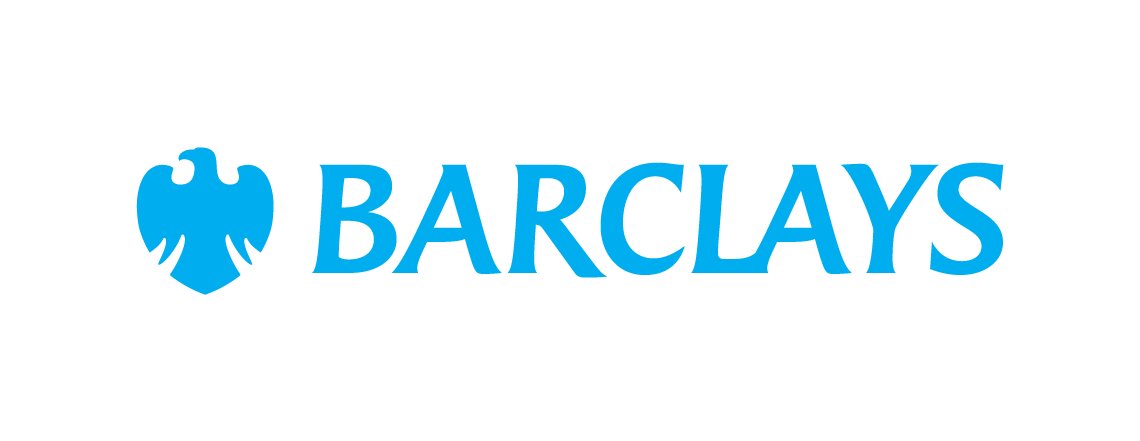CDs vs. T-Bills: Where Should You Put Your Money Now?
KEY POINTS
- The best CD rates are currently higher than the best T-bill rates.
- T-bills come in shorter terms than CDs.
- The interest earned from T-bills is exempt from state and local taxes.
If you're looking for a safe place to park your cash, certificates of deposit (CDs) and Treasury bills (T-bills) are two solid options. Both offer decent yields with practically zero risk, but they work in different ways.
So, which one is the better choice right now? Let's look at the pros and cons of each.
How long does your money stay locked in?
CDs and T-bills both have fixed terms, but they offer different levels of flexibility.
- CDs: Terms typically range from 3 months to 5 years (although it's possible to find terms that are both shorter and longer than this). At the moment, shorter-term CDs generally have higher interest rates.
- T-bills: Offered in short-term maturities of 4, 8, 13, 17, 26, and 52 weeks. Rates are very similar across all terms, though 52-week T-bills currently have the lowest yields.
If you want to get your money back in under three months, T-bills may be the better choice. If you're OK with locking it up for longer, CDs might work for you.
Our Picks for the Best High-Yield Savings Accounts of 2025
| Product | APY | Min. to Earn | |

American Express® High Yield Savings
Member FDIC.
APY
3.70%
Rate info
3.70% annual percentage yield as of April 15, 2025. Terms apply.
Min. to earn
$0
Open Account for American Express® High Yield Savings
On American Express's Secure Website. |
3.70%
Rate info
3.70% annual percentage yield as of April 15, 2025. Terms apply.
|
$0
|
Open Account for American Express® High Yield Savings
On American Express's Secure Website. |

CIT Platinum Savings
Member FDIC.
APY
4.10% APY for balances of $5,000 or more
Rate info
4.10% APY for balances of $5,000 or more; otherwise, 0.25% APY
Min. to earn
$100 to open account, $5,000+ for max APY
Open Account for CIT Platinum Savings
On CIT's Secure Website. |
4.10% APY for balances of $5,000 or more
Rate info
4.10% APY for balances of $5,000 or more; otherwise, 0.25% APY
|
$100 to open account, $5,000+ for max APY
|
Open Account for CIT Platinum Savings
On CIT's Secure Website. |

Barclays Tiered Savings
Member FDIC.
APY
4.10%
Rate info
Balances less than $250,000 earn 4.10%, and balances greater than $250,000 earn 4.30%.
Min. to earn
$0
Open Account for Barclays Tiered Savings
On Barclays' Secure Website. |
4.10%
Rate info
Balances less than $250,000 earn 4.10%, and balances greater than $250,000 earn 4.30%.
|
$0
|
Open Account for Barclays Tiered Savings
On Barclays' Secure Website. |
Which pays more?
CDs and T-bills currently offer similar interest rates, though it varies based on the term.
- CDs: Right now, most CDs yield about 4.00%. Some CDs with terms of 14 months or less pay up to 4.50%.
- T-bills: Recent yields have been between 4.12% and 4.32%, depending on the maturity date.
Which is easier to buy?
CDs and T-bills are both easy to purchase, but the process is different.
- CDs: You can invest in CDs through banks, credit unions, and brokerages. Once you invest, your money is generally locked in until maturity unless you pay an early-withdrawal penalty.
- T-bills: You can buy T-bills directly from the U.S. Treasury at TreasuryDirect.gov or through a brokerage account.
Tie-breaker: Which is easier to sell?
Most people who buy CDs and T-bills hold them until they mature, then collect the interest. However, both can also be sold if they're held in a brokerage account. There's more investor demand for T-bills, so it's easier to sell T-bills quickly and at the price you want.
Want to earn a guaranteed APY of up to 4.50%? Check out our list of the best CD rates.
How much will you owe in taxes?
The interest you earn will generally be taxed unless your investments are held in a tax-advantaged account, like an individual retirement account (IRA).
- CDs: Interest earned is subject to federal, state, and local income taxes.
- T-bills: Interest is exempt from state and local taxes but still taxed at the federal level.
If you live in a high-tax state, T-bills may have an edge because they avoid state income taxes.
Which one should you choose?
- Pick CDs if: You want the highest interest rate available and plan to keep the CD until it matures.
- Pick T-bills if: You want a shorter term than CDs offer, live in a high-tax state, or plan to sell your investments on the secondary market.
There's no one-size-fits all answer, so consider all the above and shop around for the best rates before you invest in either CDs or T-bills.
Our Research Expert
We're firm believers in the Golden Rule, which is why editorial opinions are ours alone and have not been previously reviewed, approved, or endorsed by included advertisers. Motley Fool Money does not cover all offers on the market. Motley Fool Money is 100% owned and operated by The Motley Fool. Our knowledgeable team of personal finance editors and analysts are employed by The Motley Fool and held to the same set of publishing standards and editorial integrity while maintaining professional separation from the analysts and editors on other Motley Fool brands. Terms may apply to offers listed on this page. APYs are subject to change at any time without notice.